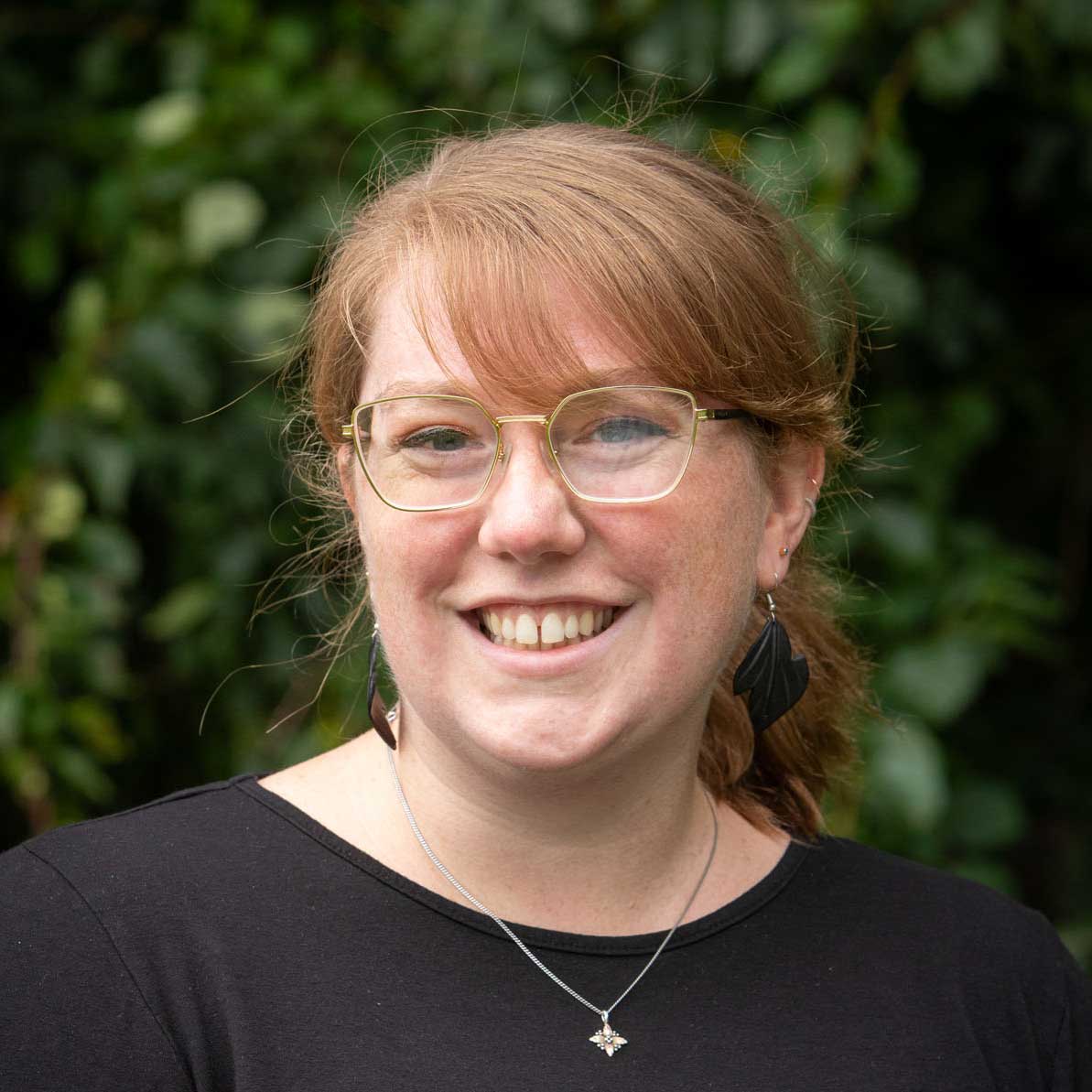In my first teaching position, one of my seventh grade math students was a colleague’s son. The colleague regularly connected to assure me that her son was getting by okay in math, saying things like, “I don’t expect him to get great grades.” and “I always tell him: ‘I’m not good at math, and it’s okay if you’re bad at it too, some of us just won’t ever get it.’” I remember feeling discouraged by these well-intentioned comments. While she hoped to moderate her son’s expectations and acknowledge his struggle, I was concerned that her messaging was limiting her son’s ability to develop a growth mindset and see himself as a successful learner and doer of mathematics. Unfortunately, my colleague’s words and the cycle they help to create are all too common when it comes to math.
As with so many things in their young lives, how parents, teachers, and popular media frame mathematics can significantly impact students positively or negatively. The Belmont Day math teaching team (along with other math educators throughout the US, including the president of the National Council of Teachers of Mathematics) think about this a lot and are working to reverse the negative thinking and talk around this subject we care so deeply about.
Increasingly, mathematics education research focuses on students’ skill development and mathematical identities: the extent to which they see themselves as capable of engaging, learning, and improving. Since the early 2000s, scholars have recognized a student’s “productive disposition” as an element of mathematical proficiency, as much as their ability to understand concepts and carry out procedures (National Research Council, 2001).
While many adults have had challenging, negative experiences with school math, we believe it is important to avoid allowing this history to influence children’s attitudes toward mathematical learning. However, too many students experience trusted adults repeatedly referring to their own negative math identity; they see books and movies framing mathematics as particularly difficult or boring, and they hear messages that people intrinsically are or are not “math people.” This rhetoric can prevent our students from developing productive dispositions, create disengagement, inhibit growth mindsets, and ultimately slow their development of positive math identities.
We firmly believe that success in mathematics need not be any less attainable than success in other academic disciplines, skill development in athletics, and passion and proficiency in the arts—all things that BDS strives to foster. Mathematical ways of thinking can be taught and learned, and growth in mathematical skill and reasoning is possible, and we do see this growth in our students! Many of our middle schoolers are transforming their mathematical identities and flourishing in developing mathematical knowledge and skills daily.
Recently, our math team has invited community adults into conversations about math, encouraging them to consider how their words might influence students. We are passionate about working against attitudes and dialogues that risk preventing students from reaching their full mathematical potential. We welcome you to join us!
Here are some things to reflect on:
- What were your school math experiences, and how do you speak about them (and your relationship with numbers, etc.) in front of your child?
- What do you hear TV/movie characters say about mathematics? You can use negative or positive media references to mathematics and science to spark family conversations.
- When your child talks about math, do you hear more indicators of a fixed or a growth mindset? In what ways can you prompt them to focus on their growth?
Dr. Rachel Starks Chaves, on behalf of the middle school math department (Sarah Pikcilingis, Emma Nairn, Brittany Ryan)




